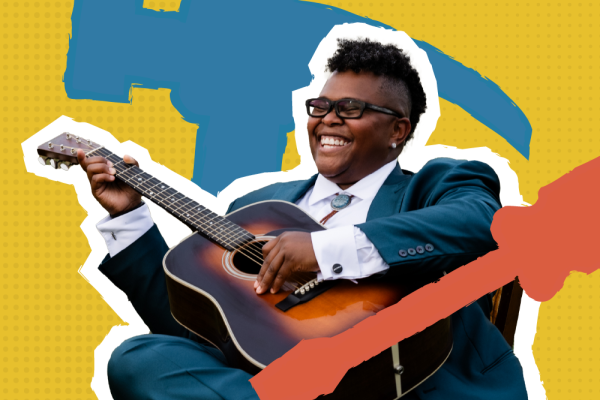Jun 3, 2025
In her personal mission statement, Matthews says she strives “to amplify the voices of the unheard, to shed light on the unseen, and to be a steadfast reminder that hope, and love are the truest pathways to equity and justice." Influenced by Bernice Johnson Reagon, Otis Redding, Aretha Franklin, Sam Cooke, Melissa Etheridge, Ani DiFranco, and, of course, Tracy Chapman, to whom she has often been compared, Matthews brings her whole self into her work.
Read the Full Article

Already a subscriber? Login
